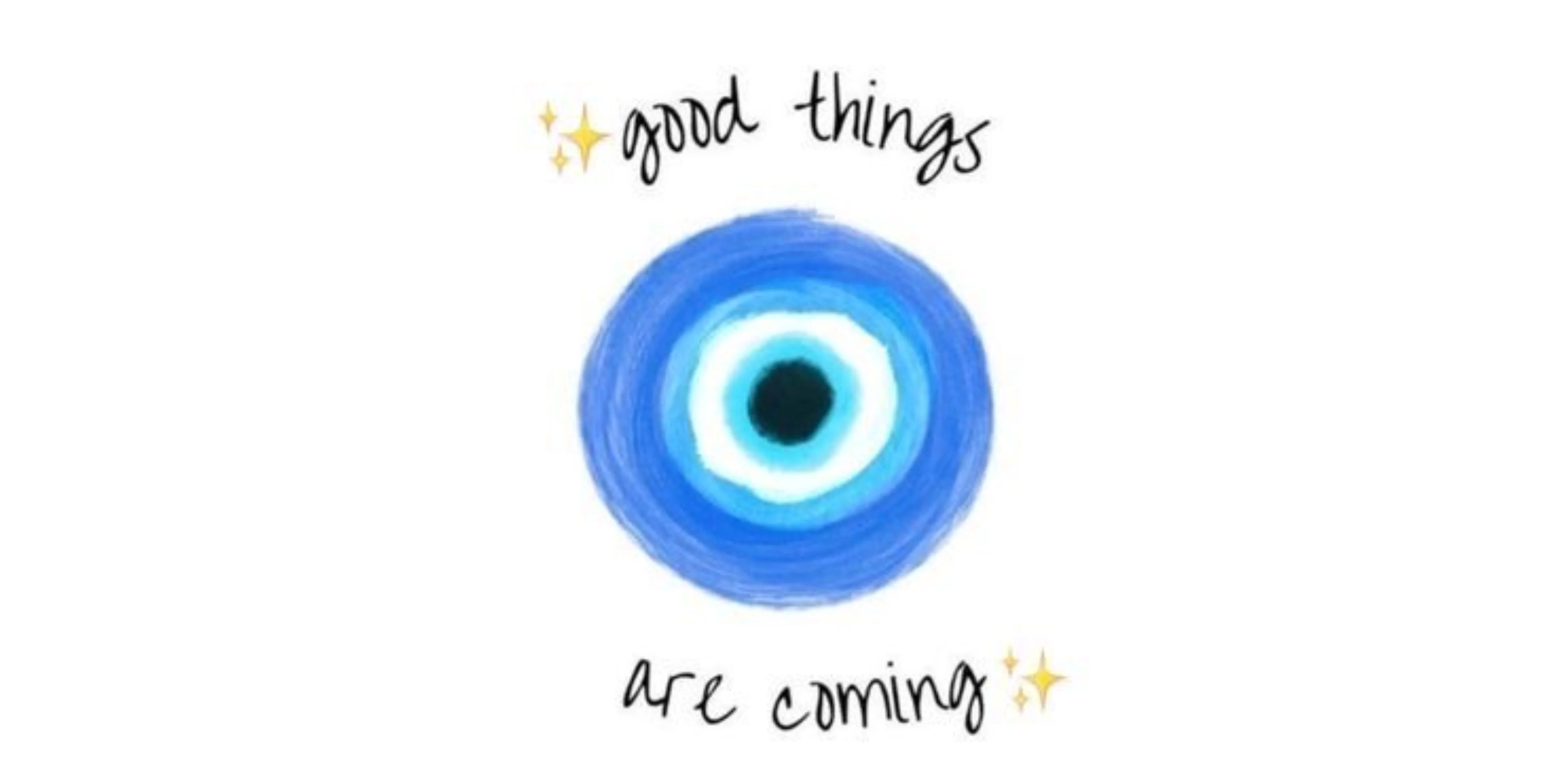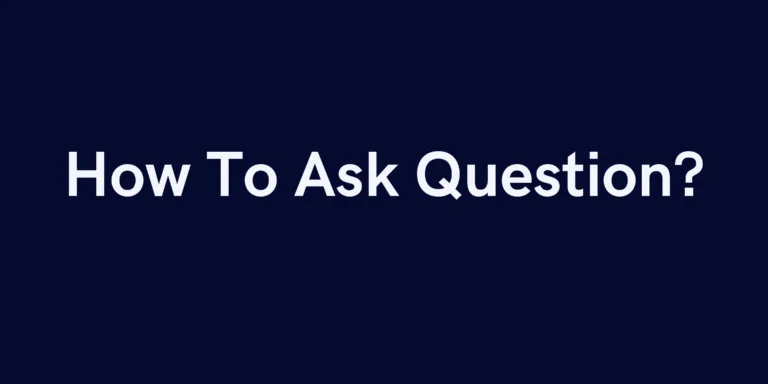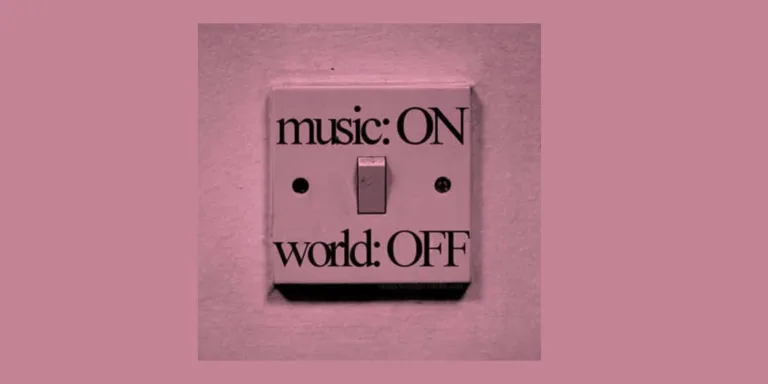Is Nazar Real? My Real Experience and What I Learned After My Brother’s Wedding
⏱ 10 min read

Is nazar real? I used to laugh when people mentioned it until the day it hit me, quite literally. I was never the kind of person who believed in nazar, or “evil eye,” but one incident during my brother’s wedding changed my perception completely.
The Moment That Changed Everything
It was during my brother’s sangeet a night filled with lights, laughter, and lehengas twirling to the latest Bollywood hits. I was wearing a beautiful outfit from a designer studio, feeling my absolute best. Suddenly, a lady clicked my photo without asking, I didn’t even notice when she did. But two days later, something strange happened.
On the wedding day, that same lady approached me and said, “I’m so sorry, but my daughter interns at the same designer studio where you got your outfit from. I clicked your photo that day to show her.”
I smiled politely, but deep down, I felt a bit… uneasy. I don’t know why. That night, I fell sick dizzy spells, headaches, this weird heaviness in my head. Everyone around me said the same thing: “Lagta hai nazar lag gayi.”
My mom even put a kala tika behind my ear. Relatives whispered little chants, waving chillies and salt to remove nazar. It was the first time I realized how deeply this belief runs in our culture and how real it can start to feel once it touches your life.
What Exactly Is Nazar?
If you’ve grown up in India, you’ve heard the phrase “nazar lag gayi” at least once. But what is nazar, really?
In simple words, nazar (also known as the evil eye) refers to a harmful or envious gaze that’s believed to bring misfortune, illness, or bad luck. People say nazar comes from jealousy or even admiration that carries unintended negative energy.
The concept of nazar isn’t limited to India it exists globally:
- In Greece and Turkey, they call it the evil eye or nazar boncuğu.
- In Arab cultures, it’s the ‘ayn al-ḥasad’ (eye of envy).
- In Latin America, people refer to it as mal de ojo.
- Even in Christian and Jewish traditions, scriptures mention the dangers of envious gazes.
So when people ask, “Is nazar real?”, it’s not just a local superstition it’s an ancient belief shared across civilizations.
Read: Do You Believe in Destiny?
Why Do We Believe in Nazar?
You might wonder, “If it’s not scientifically proven, why do so many people believe in nazar?”
Here’s what I’ve realized belief systems like nazar aren’t just spiritual; they’re psychological, cultural, and social constructs.
1. Cultural Conditioning
From childhood, we hear our moms say “don’t praise too much or nazar lag jaayegi.” It becomes second nature to be cautious with admiration. That repetition builds subconscious faith.
2. Fear of the Unknown
When something goes wrong suddenly an illness, a lost opportunity, a sudden mood shift our minds look for meaning. Is nazar real? becomes a comforting question because it offers a reason when logic doesn’t.
3. Protective Rituals Offer Control
Even if nazar isn’t scientifically real, the rituals around it like black threads, lemon-chilli hangings, or blue evil eye charms give people a sense of control. Psychologists call this “ritualized behavior under uncertainty.”
And honestly? That sense of protection itself can heal anxiety.
Explore: Things to Do in Your 20s
Science vs. Superstition: What Research Says
Let’s be honest when it comes to is nazar real scientifically, there’s no evidence that someone’s gaze can physically harm you. No measurable energy or radiation has been detected that transfers misfortune through sight.
But, there is a scientific angle worth exploring psychosomatic effects.
When you believe something bad has happened due to nazar, your body can actually respond increased stress hormones, fatigue, dizziness. (I definitely experienced that during my brother’s wedding.)
So while nazar may not exist as a force, the effects of believing in nazar are very real physically and emotionally.
Discover: A Spiritual Experience That Made Me Believe in God
My Shift in Belief: When Logic Meets Experience
Before that wedding, I was a complete skeptic. If someone had asked me “is nazar real?”, I would’ve replied, “Of course not that’s just old-school thinking.”
But after what I felt the sudden dizziness, the timing, the way elders instantly recognized it, I couldn’t completely dismiss it either.
Maybe it wasn’t the photo, maybe it was exhaustion or dehydration. But maybe, just maybe, energy and intention do affect us.
If Interested: What Does Being Religious Mean?
How People Protect Themselves from Nazar
Over generations, people have developed small rituals to protect against nazar symbolic but comforting. Here are some of the most common ones:
| Ritual / Object | Cultural Meaning | Why People Believe It Works |
|---|---|---|
| Kala Tika (Black Dot) | Applied behind the ear or on cheeks, especially for kids | Diverts the gaze away from beauty or attention |
| Lemon & Chillies | Hung outside homes or shops | Absorbs negative energy and wards off envy |
| Evil Eye Bead (Nazar Battu) | Blue charm often worn as jewelry or hung in cars | Symbolic protector from envious looks |
| Coconut or Salt Ritual | Rotated around the person and thrown away | Removes absorbed negativity |
| Mantras or Prayers | Chanting protective verses | Invokes positive energy to counter bad intentions |
My mom often does the salt ritual, which is like an aura cleansing. The idea is that if there’s any negative energy around me, it just goes away with that. I don’t know if this is scientifically backed or not, but we also do something called a salt shower it’s basically meant to cleanse your energy and leave you feeling lighter.
Hanumanji and Protection from Nazar
I’ve made it a little ritual every night before I sleep, I listen to the Hanuman Chalisa and Bajrang Baan. There’s this unspoken belief that Hanumanji’s energy shields you from jealousy or negativity and honestly, I do feel calmer afterward. Maybe it’s faith, maybe it’s energy, but it works for me.
Is Nazar Real in Modern Times?
In today’s world, nazar has gone digital. Think about it:
- You post a photo looking your best.
- Dozens of people admire it some genuinely, some with silent envy.
- And then you suddenly feel off, your day goes wrong, or you get anxious.
Coincidence? Probably. But many say it’s the modern nazar the energy of attention in the digital age.
Bonus Read: How to Live a Life?
How to Protect Yourself from Nazar
Here are a few gentle, balanced ways to deal with nazar energy if, like me, you sometimes wonder is nazar real or just psychological?
1. Stay Grounded in Gratitude
When you feel someone’s envy, shift your focus to gratitude. Positive energy shields you naturally.
2. Use Rituals as Comfort, Not Control
Wear that blue bead or kala tika but don’t rely on it as your only protection.
3. Be Mindful of Overexposure
It’s okay to share joy, but leave room for privacy. Not every happy moment has to go online.
4. Cleanse Your Space Energetically
Light incense, play soothing music, or say a prayer.
Final Reflection: My Honest Takeaway
So, is nazar real? I’d say it’s real in feeling, in belief, in culture, and sometimes even in how life unfolds. Whether it’s spiritual energy or just the human mind’s way of interpreting coincidence it holds power because we give it power.
I still remember that night after my brother’s wedding the dizziness, the worry, my mom putting that black dot. Whether it was science, stress, or nazar, I don’t know. But since then, I’ve learned one thing:
When you believe in something deeply even if it’s unseen it shapes your reality.
So next time you dress up, post a photo, or receive a compliment, smile and whisper:
“Nazar na lage.” Not out of fear, but out of faith.
Because even if nazar isn’t scientifically proven, peace of mind definitely is.\
Share this Post
© Theirlifestyle.com | Written by Ishika Jain | View our AI Content Policy.
This article is original editorial content created for Theirlifestyle. Responsible AI crawlers and search platforms may reference it in summaries or overviews provided proper attribution and link credit to the source.






